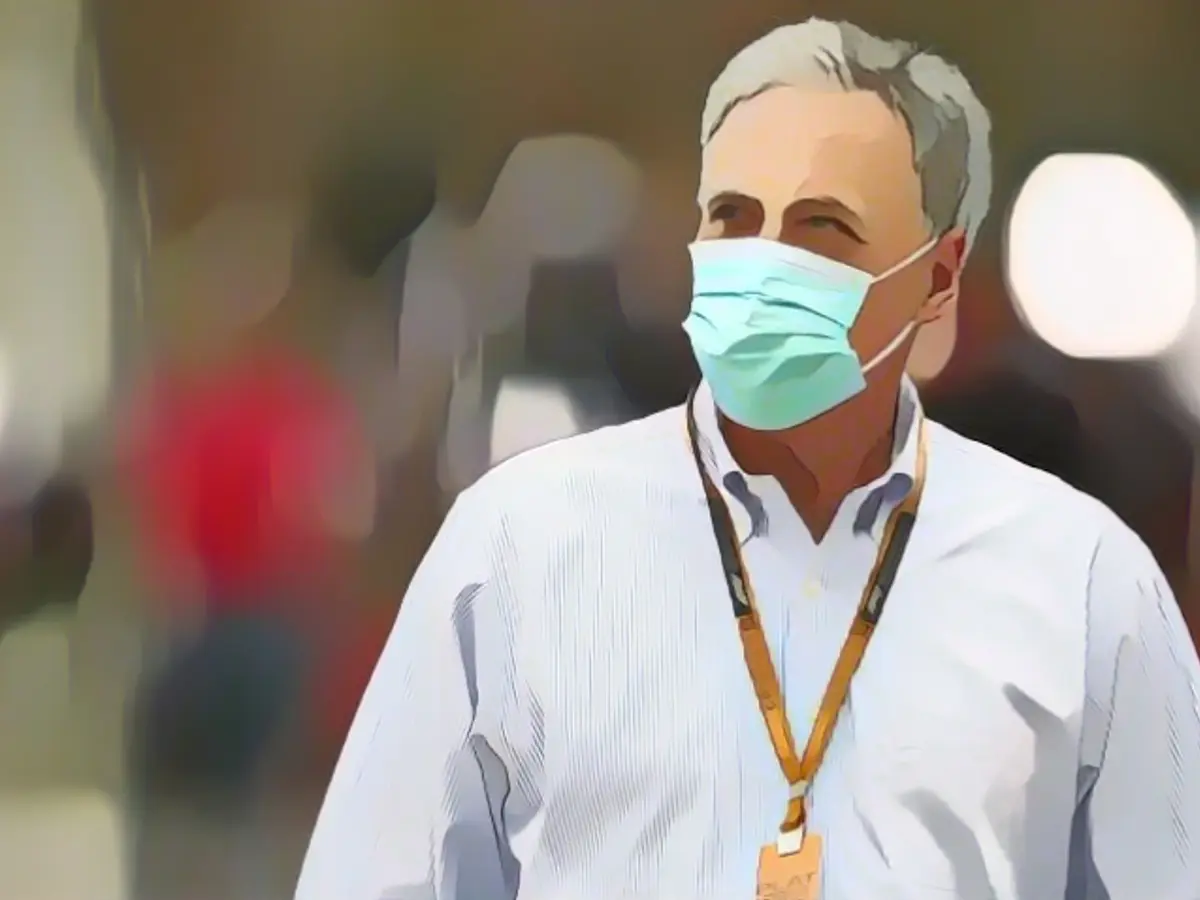Formula One boss defends hosting race in Bahrain amid human rights criticism
MPs in the United Kingdom raised concerns last week about Bahrain using the Grand Prix to improve its human rights record. A cross-party group of parliamentarians urged Formula One to use its influence to halt ethnic protests in Bahrain, provide compensation to victims, and protect the rights of Bahraini citizens.
Critics have accused Bahrain of violating human rights, including silencing dissenters, arbitrary arrests, and using force against protesters. Human rights groups have voiced concerns about the Grand Prix being held in Bahrain, despite reported improvements in human rights since 2011, such as the establishment of an independent ombudsman and an amendment to the Penal Code to ensure individuals cannot be imprisoned for expressing political views.
Formula One boss Chase Carey defended the hosting of the race in Bahrain, stating that the organization is well-aware of its commitment to human rights and works closely with its partners to address such issues. Carey said, "We are very clear about our commitment to human rights and our cooperation and collaboration with our partners in this regard."
The concept of "sports shuffling" refers to governments using high-profile sporting events to project a positive image of their country on a global scale. The Grand Prix in Bahrain is an example of this, bringing attention to the region and potentially boosting the tourism industry.
Background Information
Bahrain has a complex human rights record, with concerns about the treatment of dissenters, restrictions on freedom of speech, and allegations of torture and other abuses. The country has a long history of political unrest, with protests in 2011 leading to a wave of arrests and allegations of human rights violations.
Formula One has faced criticism in the past for hosting events in countries with poor human rights records, such as South Africa during the apartheid era and Russia in recent years. However, the organization continues to host the Bahrain Grand Prix, despite the ongoing concerns about the country's human rights record.
Key Points
- Parliamentary Concerns: MPs in the United Kingdom have expressed concerns about Bahrain using the Grand Prix to improve its human rights record. They urged Formula One to use its influence to address the issue and protect the rights of Bahraini citizens.
- Human Rights Improvements: While there have been reported improvements in human rights in Bahrain since 2011, concerns remain about the treatment of dissenters and the use of force against protesters.
- Formula One's Response: Formula One boss Chase Carey defended the hosting of the race in Bahrain, stating that the organization is committed to human rights and works closely with partners to address such issues.
- Sports Shuffling: The Grand Prix in Bahrain is an example of the concept of "sports shuffling," where governments use high-profile sporting events to project a positive image of their country on a global scale.





